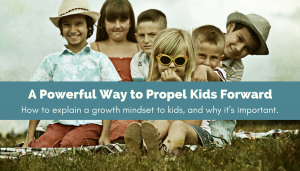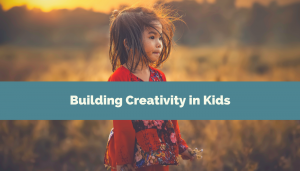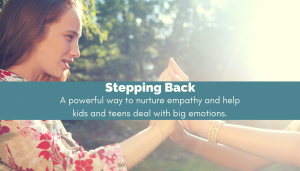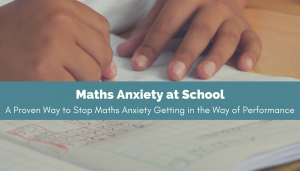With Kids
A Proven Way to Propel Kids Forward
How to explain a growth mindset to children a way that will engage them, spark their curiosity, and nurture their growth.
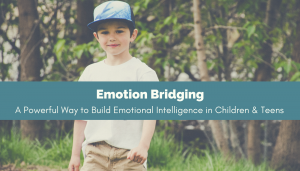 Building Emotional IQ in Children with Emotion Bridging
Building Emotional IQ in Children with Emotion Bridging
Emotional IQ is vital to success and happiness. Emotion bridging is a powerful way to do this.
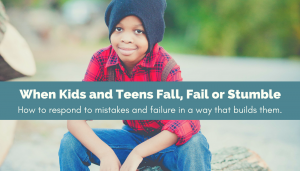 When Kids or Teens Fail, Fall or Stumble
When Kids or Teens Fail, Fall or Stumble
Our response to failure or mistakes can build them or break them. Here’s how to do it in a way that helps them flourish.
Building Creativity in Kids
As access to information has become easier, creativity – how information is used – has become the game-changer. Here’s how to nurture it in your kiddos.
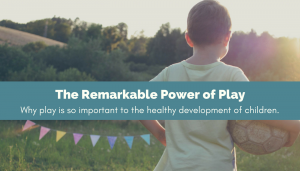 The Remarkable Power of Play
The Remarkable Power of Play
Play is vital to the development of healthy, happy, thriving children. Here’s what all parents need to know.
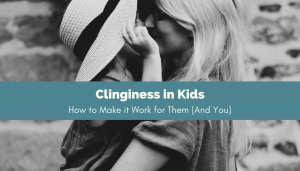 Clinginess – How to Make it Work for Them (and You)
Clinginess – How to Make it Work for Them (and You)
Understand why clinginess happens, and how to stop it from holding your child back.
Stepping Back – A Technique to Build Emotional Intelligence
A simple, effective technique to build empathy in kids and teens, and to help them understand and manage big emotions.
A Proven Way to Deal With Maths Anxiety
Even if children are fully prepared and ready to shine in a maths exam, anxiety can lumber in and make a beast of itself – as only anxiety can do. New research has found a way to ease anxiety and improve performance, by changing the fear centres of the brain.
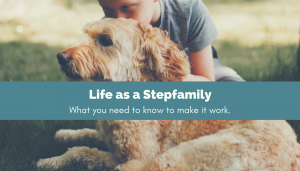 Life as a Stepfamily – What You Need to Know to Make it Work
Life as a Stepfamily – What You Need to Know to Make it Work
This simple but powerful step can make a difference to your stepfamily.

